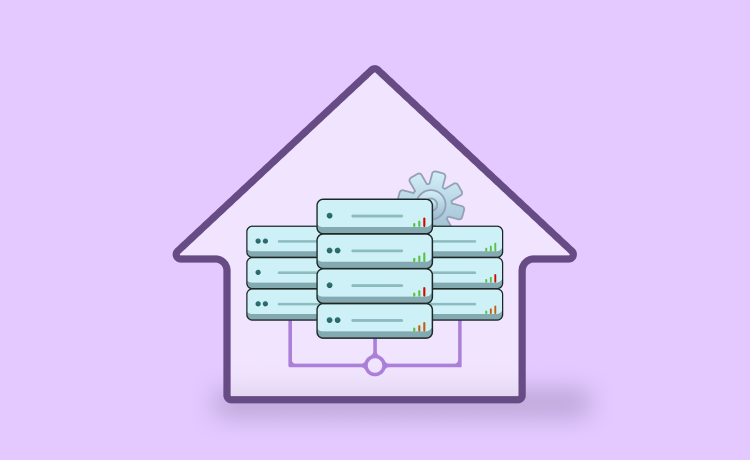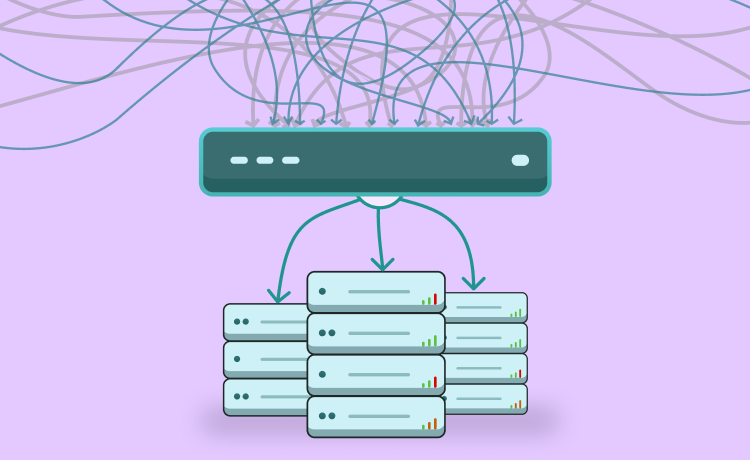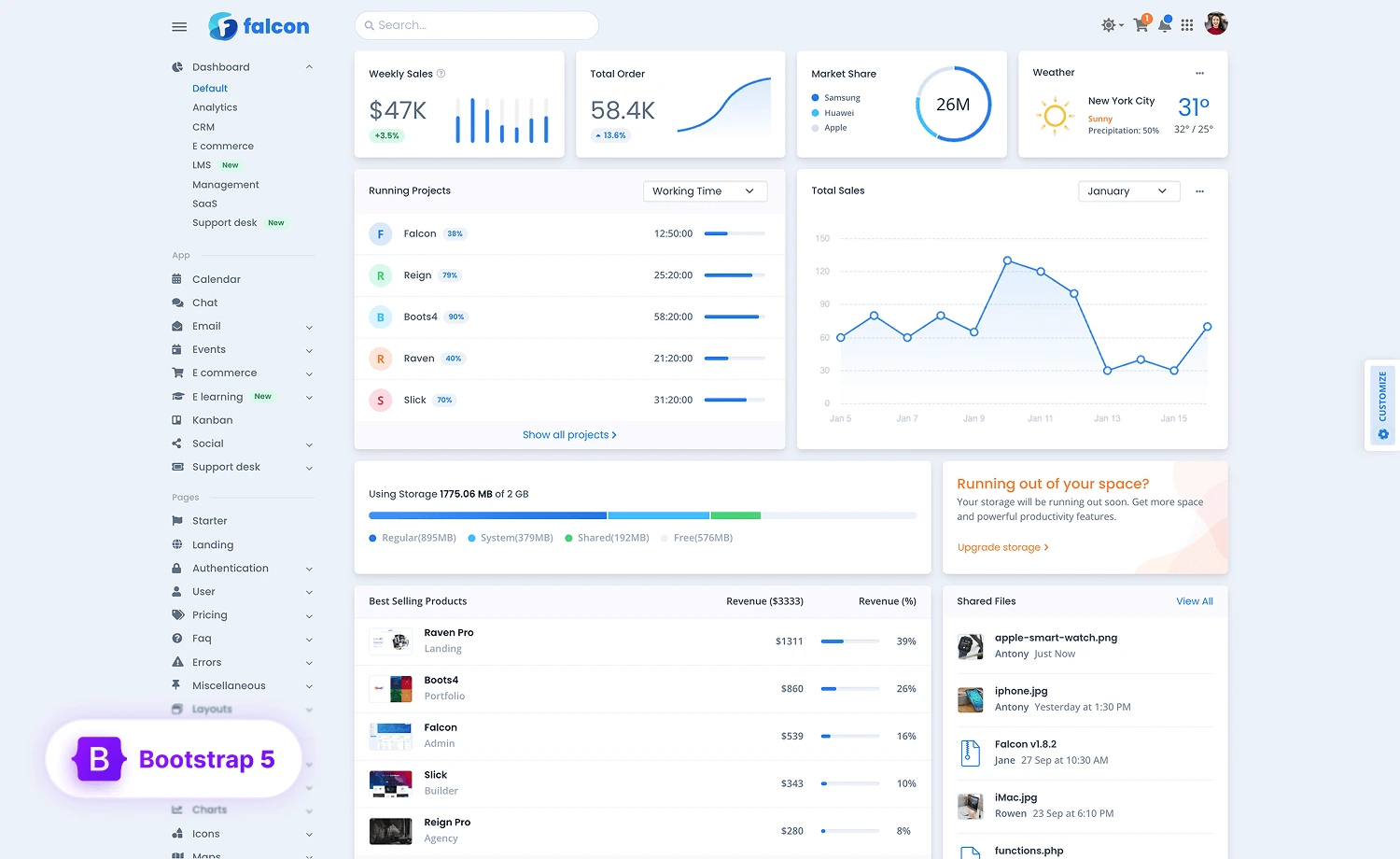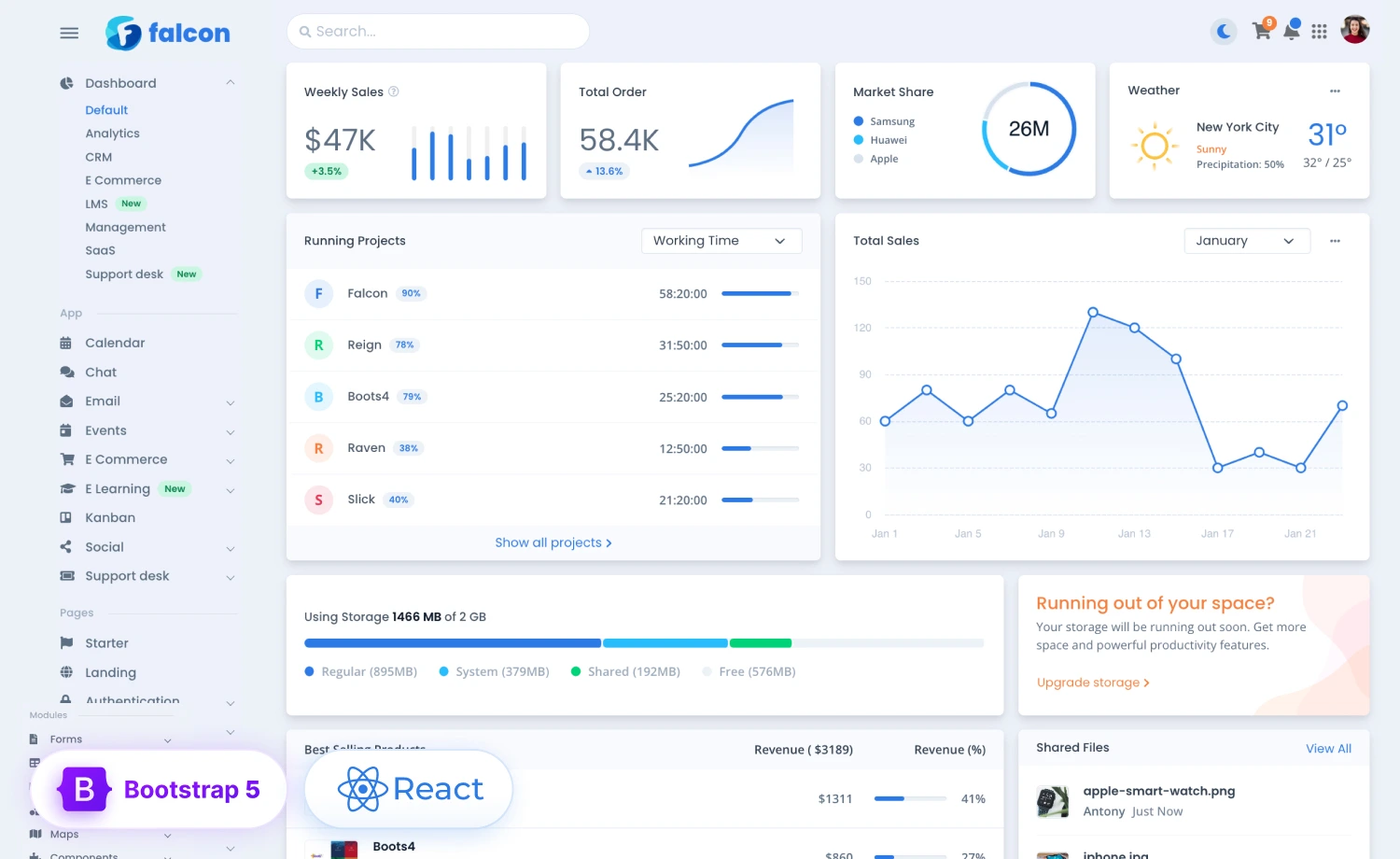
Welcome to the world of possibilities! Starting a website is thrilling, but choosing the correct web hosting service is vital. Whether you’re launching a personal blog, a thriving e-commerce site, or anything in between, choosing the right web hosting service is your first big step. In a digital landscape teeming with options, finding a web host that aligns with your specific needs is crucial.
Before you dive in the wide world of choices, let’s uncover the secret sauce – the 7 essential attributes to transform a regular web host into your website’s ultimate stage manager. From ensuring seamless performance and guarding against cyber threats to adapting to your growth like a chameleon, we’ll walk you through these attributes.
Join us as we navigate the intricate landscape of web hosting, empowering you to make an informed choice that propels your online venture towards success. By the end, you’ll be armed with the knowledge to choose a web host that’s not just a host, but a partner in your online success!
Server
A server, as you know it, processes a user’s request to deliver web pages in response. Web hosting providers use powerful servers to store data and serve website files. These servers can be physical machines or virtual instances.

Reliability
- Web servers maximize the utilization of the available resources by configuring redundant setups to ensure continuous operation and minimize the risk of downtime. Additionally, these servers employ virtualization technologies and/or containerization platforms to do so.
- Along with that, servers install & run database server software for efficient storage management and retrieval of the requested dynamic and storage data to improve fault tolerance in case of any malfunction.
- And lastly, with necessary server monitoring, they continuously detect and debug potential issues to ensure the smooth operation and reliability of their hosting services. And with proactive
Performance
- For a web host to operate and serve as per user requests, a server should be efficient enough to have required hardware with ample storage and high-performing processors, an operating system designed solely to serve the hosting purposes.
- Web hosting servers employ load balancers as well, to distribute incoming traffic across the servers to ensure reduced overload and improved response times during the peak hours.
- Server data caching is another process employed to reduce the content serving time and thus, improves overall website performance.
- Last, but not the least, with growing website traffic, hosting providers employ horizontal scaling and load balancing to accommodate the increasing traffic and ensure high performance.
Security
- The web server should have the required software, firewall, and intrusion detection systems, to monitor and control website traffic and impose protection against unauthorized access and potential cyber threats.
- Moreover, the server software, web server, and operating system are updated regularly with bug fixes and security patches to prevent any latent vulnerability.
- They impose secure communication protocols to encrypt the transmitted data to protect sensitive information from interception and unauthorized access.
Data Centers
As the backbone of web hosting, data centers are some specialized facilities to accommodate and operate all hosting-required infrastructure and data-intensive operations. They are necessary to provide the required physical environment to ensure reliable and secure hosting services.

Reliability
- Data centers employ redundant power sources to minimize website downtime at any given power outage.
- Additionally, they’re connected to multiple network connectivity to ensure data traffic rerouting through alternative ones.
- More to which, they employ fault tolerance as well, to minimize the impact of any failure on hosted websites.
Performance
- High-speed, high-bandwidth internet connections ensure fast data transfer, and thus, ensuring optimal performance for hosted websites and applications.
- Data centers also, if required, collaborate with content delivery networks, to distribute cached copies of website contents.
Security
- Data centers necessarily implement stringent physical security measures to impose protection against any unauthorized access to servers and other equipment.
- The employed firewalls, intrusion detection and prevention systems and traffic filtering mechanisms, as well as fire prevention systems to protect data from any loss.
- By performing regular data backup, these data centers ensure data integrity and disaster recovery purposes that protect against data loss.
Network Connectivity
A strong network connectivity of a web host enables hassle-free communication between servers, data centers, and the end-users across the internet, and ensures complete accessibility of the websites and web apps hosted on the servers.

Reliability
- With redundant network, hosting providers ensure continuous connectivity even in unexpected outage with a reduced risk of service disruptions.
- Also, with proactive network monitoring, these providers ensure protection and prevention against any sudden drop, faster resolution to any issue, and better reliability.
Performance
- With high-bandwidth connectivity, the providers accommodate a large volume of data traffic that results in improved data transfer speeds, reduced latency and enhanced website performance.
- On the other hand, content delivery networks cache and serve contents from a physically nearer server, and optimizes the site for better performance and deliver faster response time.
Security
- Network security devices monitor all incoming and outgoing traffic to filter out potential threats or malicious activity and ensures strong protection against unauthorized access or intrusion.
- Network connectivity also identify and filter out DDoS traffic to mitigate overload and maintain service availability.
- In addition to those, they encrypt transmitted data to protect sensitive data and information from interception and unauthorized access.
Storage Systems of Web Host
Storage systems are crucial for web hosting services, since they are responsible for storing and managing website data, and other relevant data metrics by providing necessary storage capacity and access speed to deliver contents per request when the users need them. Hosting providers can deliver high-quality, secure and performant web hosting services by employing reliable storage technologies.

Reliability
- Web hosting providers create configurations like RAID (Redundant Array of Independent Disks) to create duplicate copies of data or store equivalent information to provide protection against data loss.
- More to which, these redundant storage components contribute to fault tolerance, ensuring an uninterrupted service in events of failure.
- Additionally, they use error check & correction mechanisms to maintain data integrity to prevent silent data corruption and ensure better accuracy for stored information.
Performance
- Since solid state drives (SSD) provide faster access and comprehension speed and can significantly improve website loading times, enhancing overall site performance.
- Also, with caching systems, these servers store frequently accessed data to accelerate data retrieval, reduce latency and improve performance.
Security
- Web hosting providers support data-at-rest encryption that secures stored data and protects sensitive information from any data theft or breach.
- Storage systems control access permissions to manage and monitor data protection and enhance data security.
Redundancy and Backup
Redundancy offers load balancing support to protect a live system during any unexpected failure, with a duplicate component or platform to fall back to. It usually involves multiple servers, network connections and storage devices to ensure that any of them can take over in case of a failed event.

Reliability
- Redundant systems, by deploying duplicate or backup systems, ensure continuous service and reduced downtime and enhance reliability. Web hosting providers
- Moreover, this also contributes to high availability by keeping services operational, minimizing service disruptions and thus increasing overall reliability.
Performance
- Redundant servers ensure maximize resource utilization to ensure faster response time, smooth performance and reduced wait time.
- Furthermore, some redundant systems store data and frequently accessed contents to reduce the load on backend servers to improve content delivery speed for enhanced overall website performance.
Security
- Regular data backup and similar backup solutions ensure restoration of data in case of any data loss and ensure protection against potential security breaches.
- Redundant security and firewalls ensure protections against any data breach or security threat and safeguard websites in unexpected event failures.
Load Balancers in Web Host
Load balancers are used to facilitate each server to receive an optimal and balanced workload. This is an important component as it improves the performance, scalability, and availability.
Load balancers also monitor and determine the server’s availability and capacity to handle incoming requests.

Reliability
- Load balancers are configured in high availability setups to ensure continuous traffic distribution and minimize downtime.
- Additionally, they monitor the incoming and outgoing traffic to prevent any kind of overload on any server to maintain better reliability.
Performance
- Load balancers ensure an even distribution of requests among multiple servers to ensure maximum resource utilization and enhanced performance.
- Moreover, these load balancers facilitate horizontal scalability to ensure consistent performance with growing traffic.
Security
- Load balancers also identify and mitigate cyberattacks by filtering malicious traffic and maintaining service availability.
- They also handle encryption to enhance security and server performance simultaneously
Security Measures of Web Host
As you know, web hosting providers take necessary security measures to protect hosting infrastructure, website and user data from any threat or attack. These measures are aimed at ensuring confidentiality, integrity, and the availability of hosted data and enhance protection against any kind of cyber threat.

Reliability
- Security measures assist in reducing any downtime by mitigating cyberattacks to maintain service availability and reliable hosting.
- Additionally, they employ access control, and encryption to mitigate the risks of data loss in events of failure.
Performance
- Web application firewalls and load balancers help distribute incoming traffic evenly and efficiently and optimize server performance and prevent resource blockage.
- Furthermore, content delivery networks implement different security measures to protect cached data from any breach, enhance website performance, and prevent resource bottlenecks.
Security
- The regular updates of security software and data backups, these hosting providers prevent any direct access to data or other security infrastructure to prevent data loss and enhance performance.
- More to which, they encrypt all data transmitted through the servers to prevent vulnerability for better and secure website performance.
- Additionally, you can strengthen your website’s defenses by following application security best practices, which outline key steps to prevent breaches and keep your site running safely.
Congrats! You’ve just unlocked the backstage secrets to choosing your ideal web host! Remember, your web host is more than just a service provider – they’re a co-creator of your digital presence. Reliability ensures your website stands strong, performance guarantees a seamless user experience, and security shields your valuable data.
So, as you step forward into the digital spotlight, armed with this newfound knowledge, choose a web host that doesn’t just meet your needs, but propels your aspirations towards the limelight of online success even with a tight budget for your business. Get ready to shine with the right web host for your website!















